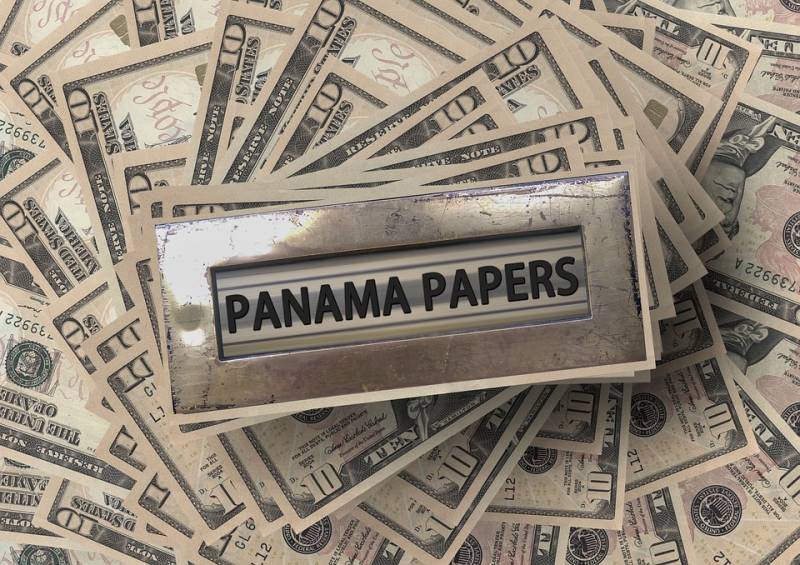Ever since the issue of the Panama Papers revelations surfaced in the international arena, during the first week of April, they have managed to stir a political storm worldwide. The leaks exhibit the quantum of wealth amassed by the global elite into offshore jurisdictions for the purpose of sidestepping tax regimen.
In Pakistan the leaks have infused a new lease of life into the, till then, acquiescent opposition’s positioning towards the federal government and its policies. These revelations, indicating the alleged not-so-legal business activities of the Prime Minister’s family, have served as a linchpin for the opposition parties to cobble together and foment a stiff stance vis-à-vis the federal government and its policies.
Questions, however, still remain as to whether these leaks were meant only to accrue opposition parties with a hardened political line of action antagonistic towards the federal government – like exerting political pressure for constitution of a judicial commission and going a step further by asking for Prime Minister’s resignation – or does it spell out more than that ?
The fact of the matter is that Panama Papers shed light on a far more fundamental affliction rendering an ailment at the world stage in general and Pakistan in particular.
These horrendous revelations highlight a tendency manifested by the now monopolist global business and political elite to outgrow the state in detriment to its stability and long term prosperity.
To delve deeper in analogy, one must emphasize that the modern “state” is a conceptualized community where the general populace forming it agrees upon a certain code of life delineating rights and duties without which its existence remains shallow. The state therefore, by virtue of its authority, maintains a balance while dispensing rights through its institutions and enforcing duties through coercive force of authority.
As long as the state dispenses rights and enforces duties in a, by and large, equal manner for the entire populace, the ends for the “good life” are harmoniously realized. Conversely, where the rights are afforded to few in exclusion to the majority of populace, the ends for “good life” become a distant dream and the political system starts denigrating towards a downward trajectory.
Panama Papers have revealed precisely this tendency, where the privileged few have managed to hold for themselves the luxurious right of amassing an abundance of wealth, while the major chunk of the world population lives in destitution and an acute alienation from basic amenities of modern life. Modern state therefore has faltered in maintaining a balance between the enterprising individualist and the collectivist societal interests.
What these revelations hold for Pakistan is much bleaker. Putting aside what these papers signify for the Prime Minister’s familial business activities vis-à-vis offshore holdings, they certainly inform us as to how the elite in this country has been able to cumulate an abundance of wealth in collusion with the institutions of the state.
In Pakistan, not only business circles constitute the prized elite formation but the state institutions also stand amidst the elite formation in augmenting the wealth and privileges of the elite circles. Laws and regulations of the state institutions are bent unscrupulously in fortifying the privileges of the elitist classes.
No wonder then, the Chief Justice of the Supreme Court laments the lack of competent judges in judiciary owing to an obsolete education system and the dismal condition of education and health as pointed out in the LANCET report.
The political system is therefore at its lowest ebb when comes to ensuring a good life for Pakistanis at large.
The sum of the analogy dictates us to take notice of the tendency that the privileged elite in Pakistan continues to fatten in terms of holding an abundance of wealth at a hyper rapid pace at the cost of condemning the chunk of populace to despondency and alienation.
The contemporary Political system in Pakistan has therefore embraced an indelible mark of incorrigibility which can be ameliorated by nothing less than a shock therapy.






